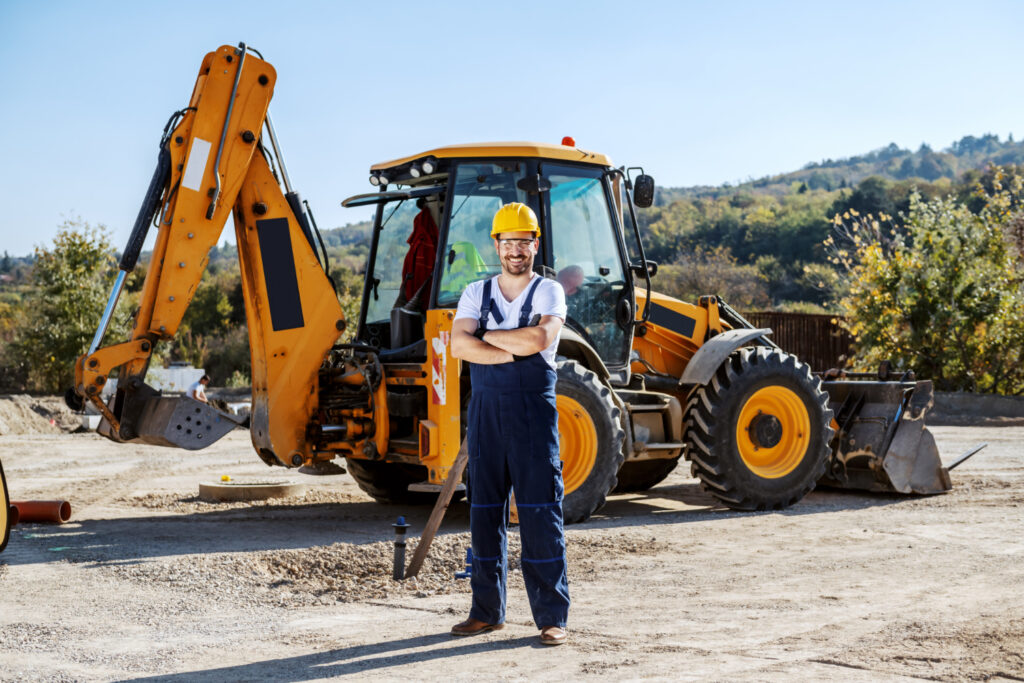Free Consultation
(945) 273-0121
BUSINESS LOAN
Equipment Leasing
We are here for your equipment leasing needs
No Cost, No Obligation Quote
Equipment Leasing
What is Equipment Leasing?


How does equipment leasing work
Minimum requirements for a business line of credit.
In this guide, we’ll answer the following questions and more:
how do i qualify for equipment leasing
Qualifying for equipment leasing typically involves several key criteria that leasing companies evaluate:
-
Creditworthiness: Leasing companies will assess your personal and business credit history. While some companies may work with less-than-perfect credit, stronger credit profiles generally qualify for better terms.
-
Business Stability: Typically, leasing companies prefer businesses that have been operating for a minimum period, often at least 2 years. This demonstrates stability and reduces the perceived risk.
-
Financial Strength: You’ll need to demonstrate your ability to make lease payments. This involves providing financial documents such as bank statements, tax returns, and possibly business financial statements.
-
Equipment Specifications: The type, condition, and expected useful life of the equipment you intend to lease will also be considered. Some leasing companies have restrictions on the types of equipment they finance.
-
Lease Terms and Conditions: Understand and be able to comply with the lease agreement terms, including payment schedule, duration, and any additional requirements.
By meeting these criteria and providing the necessary documentation, you can enhance your chances of qualifying for equipment leasing. It’s advisable to shop around, compare leasing offers, and choose a leasing company that best fits your business needs and financial situation.
-
where can i get equipment on lease
You can obtain equipment leases from several sources:
-
Equipment Dealers: Many equipment dealers offer leasing options directly to customers purchasing equipment from them.
-
Banks and Financial Institutions: Banks often provide equipment leasing services, especially for established businesses with strong credit.
-
Online Lenders and Leasing Companies: Various online platforms and specialized leasing companies offer equipment leasing options, often with faster approval processes and flexible terms.
-
Equipment Leasing Brokers: These professionals specialize in connecting businesses with leasing companies that fit their needs, offering access to a wider range of leasing options.
-
Manufacturers: Some equipment manufacturers offer leasing programs or can direct you to preferred leasing partners.
Choosing the right leasing source depends on factors like your credit profile, the type of equipment needed, lease terms, and your business’s financial situation. It’s beneficial to compare offers from multiple sources to find the most suitable equipment lease for your business.
-
what are the pros and cons of equipment leasing
Pros:
-
Conserves Capital: Leasing allows businesses to acquire equipment without a large upfront cost, preserving capital for other business needs.
-
Flexibility: Leasing offers flexibility in terms of upgrading to newer equipment or adjusting lease terms to meet changing business needs.
-
Tax Benefits: Lease payments may be tax-deductible as a business expense, potentially reducing taxable income.
-
Maintenance Included: Some leases include maintenance and service, reducing the burden on the business for upkeep.
-
Quick Access: Leasing often has a faster approval process compared to loans, making it quicker to acquire needed equipment.
Cons:
-
Higher Overall Cost: Leasing equipment over the long term can be more expensive than purchasing it outright due to interest and fees.
-
No Ownership: At the end of the lease term, you do not own the equipment unless you choose to purchase it at a predetermined price.
-
Contractual Obligations: Lease agreements come with terms and conditions that may restrict how you can use or modify the equipment.
-
Potential Long-Term Commitment: Breaking a lease early can incur penalties, making it less flexible than owning equipment outright.
-
Limited Control: You have less control over the equipment compared to owning it, which may impact operational decisions.
Choosing whether to lease equipment depends on your business’s financial situation, growth plans, and specific equipment needs. Comparing the pros and cons can help determine if leasing is the right option for your business.
-
what kind of equipment can you get on lease
You can lease a wide range of equipment across various industries. Some common types of equipment that businesses often lease include:
-
Construction Equipment: Such as bulldozers, excavators, cranes, and loaders.
-
Medical Equipment: Including MRI machines, X-ray machines, ultrasound equipment, and dental chairs.
-
Office Equipment: Such as copiers, printers, scanners, and computers.
-
Manufacturing Equipment: Including CNC machines, presses, assembly lines, and robotic systems.
-
Restaurant Equipment: Such as ovens, refrigerators, freezers, and commercial dishwashers.
-
Transportation Equipment: Including trucks, trailers, vans, and forklifts.
-
Fitness Equipment: Such as treadmills, ellipticals, weight machines, and exercise bikes.
-
Technology Equipment: Including servers, networking equipment, and telecommunications devices.
The specific equipment available for lease may vary depending on the lessor and the industry. Leasing allows businesses to access expensive equipment without the full upfront cost, making it a flexible option for various operational needs.
-
can i lease equipment with no money
Yes, it’s possible to lease equipment with little to no money upfront, depending on the leasing agreement. Many equipment leasing arrangements require a minimal initial payment or deposit, but it’s often much less than the total cost of purchasing the equipment outright. This makes equipment leasing an attractive option for businesses looking to conserve cash flow while still acquiring necessary equipment. However, the terms and conditions can vary, so it’s essential to review the lease agreement carefully to understand any upfront costs, monthly payments, and end-of-lease options.
How hard is it to get equipment on lease
Getting equipment on lease can vary in difficulty depending on several factors:
-
Credit History: Your personal and business credit history will play a significant role. A strong credit profile makes it easier to qualify for favorable lease terms.
-
Business Stability: Lenders often prefer businesses with a stable financial track record and consistent revenue streams.
-
Type of Equipment: Some equipment types may be easier to lease than others based on their value, utility, and resale potential.
-
Lender Requirements: Each leasing company or lender may have specific criteria regarding credit scores, financial statements, and business plans.
-
Market Conditions: Economic conditions can influence leasing terms and availability of leases.
Overall, while it can be straightforward for established businesses with good credit, newer businesses or those with less favorable credit histories may find it more challenging to secure equipment leases or may face higher costs.
-
Can i get equipment on lease with bad credit history
Happy Customers!
What Other business owners just
like you Say about us.

Raj

Max

Ken
Compare Loan Offers Fast from Multiple Lenders
Call
Mon-Fri, 9:00 AM - 5:00 PM CST
